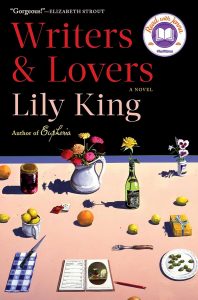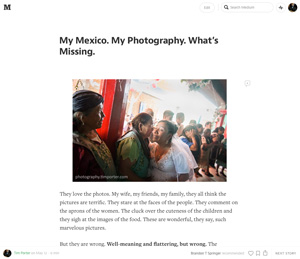All of us who labor in media or the arts know someone like Casey Peabody, a talented writer (or photographer or painter) who swirls in the eddies of unfulfilled dreams, seemingly stranded as success and relationships dissolve in the passing currents.

In “Writers and Lovers,” a sometimes baffling, often entertaining, and ultimately moving tale of finding creative authenticity and discovering the difference between love and need, Casey Peabody struggles. Burdened with student loans, she waitresses through double shifts. Grieved by her mother’s sudden death, she tears up with regularity. Deceived in love, she vacillates between two suitors, one who offers comfort and security, the other a chance at something unique. At 31, she feels her sell-by date approaching.
The perspective is unblinkingly female, and men are not seen well – overbearing, dishonest, clueless, insecure. One of Peabody’s beaus, for example, is a successful novelist who frets about the smallness of the venue for a book-release event. “I am forty-seven years old. I was supposed to be reading in auditoriums by now,” he laments. Casey’s thought bubble responds: “Nearly every guy I’ve dated believed they should already be famous, believed that greatness was their destiny and they were already behind schedule. … I thought I was just choosing delusional men. Now I understand it’s how boys are raised to think, how they are lured into adulthood. I’ve met ambitious women, driven women, but no woman has ever told me that greatness was her destiny.”
The storytelling itself is both clever and conversational, with dialog worthy of being eavesdropped. Here is Casey …
- … rejecting a potential date: “I can’t go out with a guy who’s written eleven and half pages in three years. That kind of thing is contagious.”
- … wondering what killed her mother: “Was it a pulmonary embolism? From the long plane flight? That’s what my brother’s boyfriend, Phil, thinks. But he’s an ophthalmologist.”
Beyond the banter of Casey’s inner voices, and despite some passages that overly linger on artistic angst, “Writers and Lovers” is at once fun to read and, more deeply, affirming of those who reach, who don’t settle, and who persist in pursuit of dreams.

